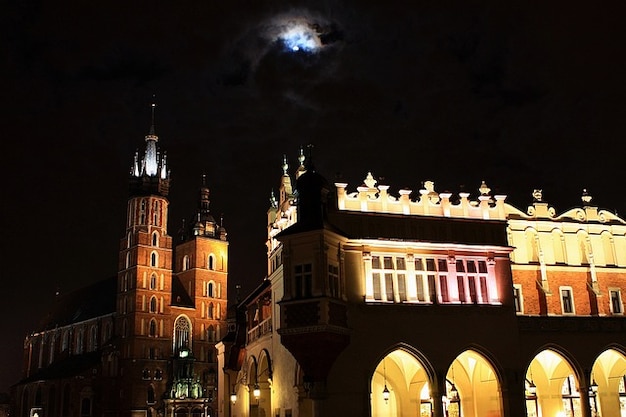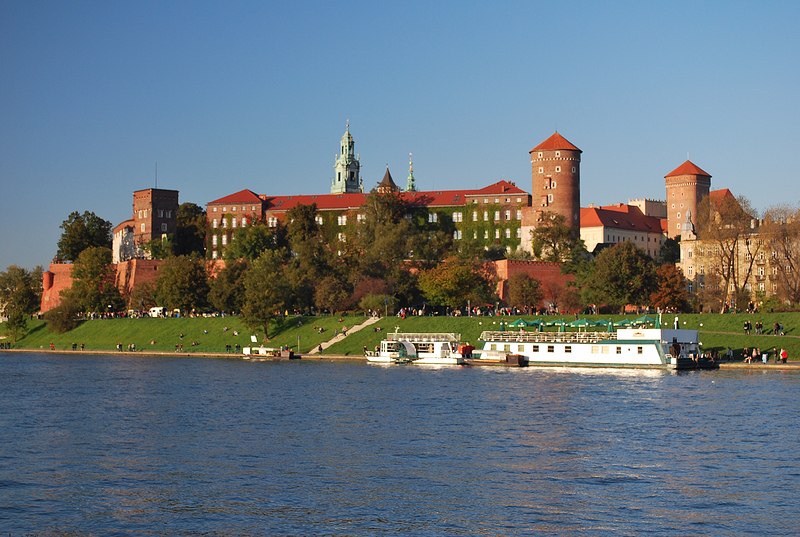Childhood memories 1
I remember nothing of the first four years of my life, which I do not regret. They must have been even bleaker than the next year when I neared to five. Such kids little understand what is going on, but can unmistakeably sense the true atmosphere around them, which was not good because the 1950s was bad time. Adults in the family whispered to one another and exchanged worried looks.It made me feel insecure. Grandma, who told her grandchildren the most beautiful fairy tales while in charge of us, cried or said prayers when left alone.I watched her secretly and was scared. Mum told me, that she badly missed her beloved, oldest son, my uncle Joe, who still hadn't returned from the war. I was angry with that uncle Joe for not coming back and making grandma cry. Many years after the end of the war, people, who were kept in the soviet camps in Siberia, sometimes returned home. My family tried every possibility to learn of Joe's whereabouts, but all in vain. Slowly, they started losing hope, but the more they doubted, the more my grandma prayed.
I remember nothing of the first four years of my life, which I do not regret. They must have been even bleaker than the next year when I neared to five. Such kids little understand what is going on, but can unmistakeably sense the true atmosphere around them, which was not good because the 1950s was bad time. Adults in the family whispered to one another and exchanged worried looks.It made me feel insecure. Grandma, who told her grandchildren the most beautiful fairy tales while in charge of us, cried or said prayers when left alone.I watched her secretly and was scared. Mum told me, that she badly missed her beloved, oldest son, my uncle Joe, who still hadn't returned from the war. I was angry with that uncle Joe for not coming back and making grandma cry. Many years after the end of the war, people, who were kept in the soviet camps in Siberia, sometimes returned home. My family tried every possibility to learn of Joe's whereabouts, but all in vain. Slowly, they started losing hope, but the more they doubted, the more my grandma prayed.
Last edited:







